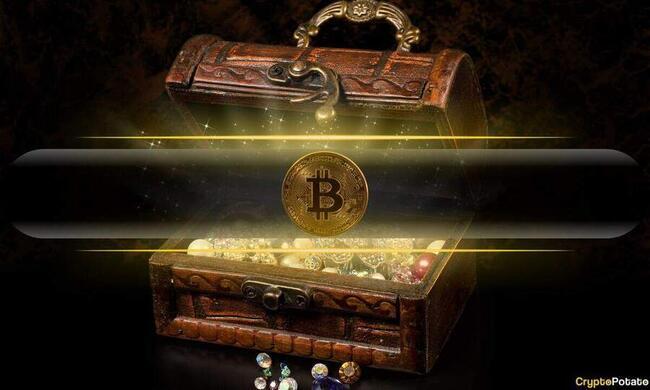A Web3 fan might use these very words to describe a blockchain smart contract.
Bitcoin Millionaire Hides Crypto Treasure Across the U.S.
Jon Collins-Black, a lifelong fan of fantasy books and games, has turned his early Bitcoin investments into a real-life treasure hunt. Using Bitcoin worth about $2 million at today’s prices, he has hidden five treasure chests across the United States.
What’s Inside the Treasure Chests?
Collins-Black went to auctions to collect unique items for his treasure boxes. Each chest contains a mix of rare Pokémon cards, shipwreck artifacts, sports memorabilia, gold, and other precious metals. "It felt like being a kid in a candy store," he said.
Inspired by Forrest Fenn’s Famous Treasure Hunt
Collins-Black got the idea from Forrest Fenn, an eccentric art collector and veteran, who launched a treasure hunt in 2010. Fenn’s treasure included gold, rare coins, and jewelry. He even wrote a book, The Thrill of the Chase, to promote it. That treasure hunt lasted a decade, with people searching far and wide before it was finally found in 2020. Unfortunately, five people died during the search, showing that treasure hunting isn’t without risks.
The Bitcoin Connection
This treasure hunt is a fun parallel to Bitcoin mining. In both, people spend resources (like time, money, or energy) in hopes of a reward. For Bitcoin miners, the goal is to solve a complex math problem using computers. The first to solve it earns Bitcoin as a reward.
Here’s how mining works: miners use electricity to run computers that guess numbers using a hashing algorithm called SHA-256. Only one computer gets it right, just like only one treasure hunter finds the prize. However, the miner can usually make a profit after covering electricity costs.
Crunching the Numbers
At current rates, mining Bitcoin costs about $8.66 in electricity to generate $22.48 in revenue, based on data from Dec. 3. This means miners get a 59% return on their investment for each unit of electricity.
Collins-Black’s treasure hunt mirrors this excitement. Treasure hunters might profit if the loot they find is worth more than the time and money they spend searching for it.















































